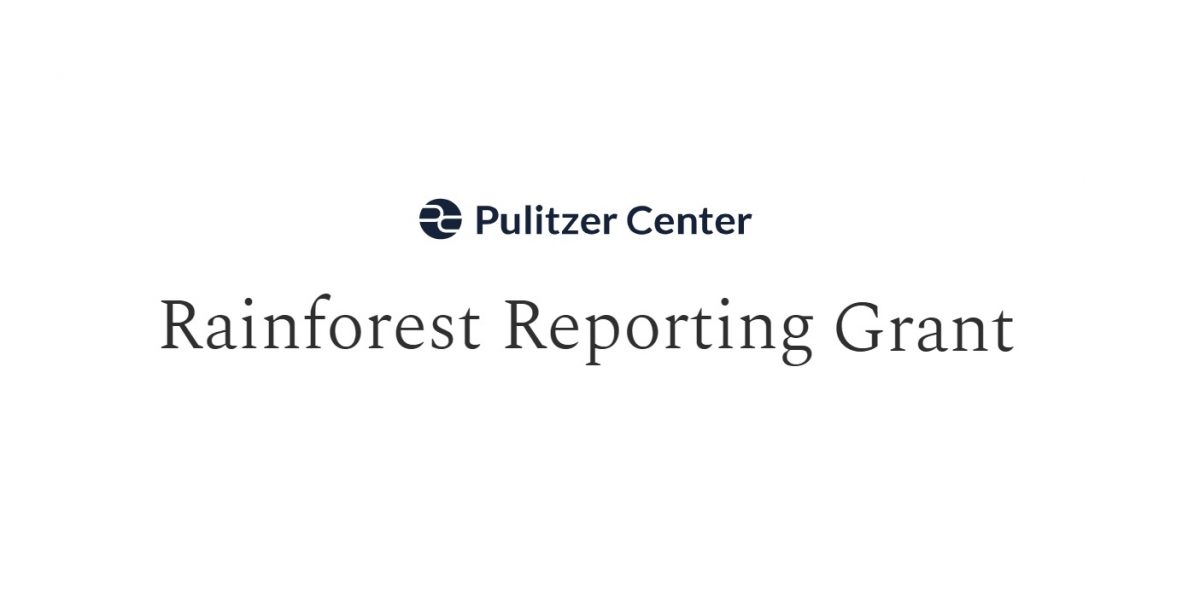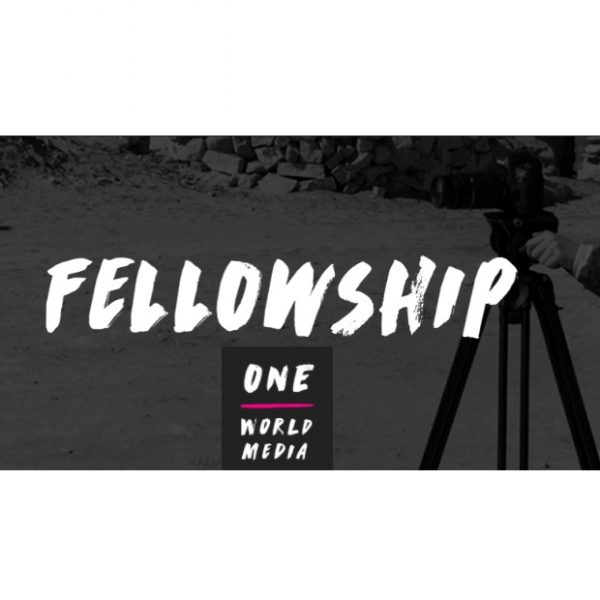
Deadline: Rolling basis
Open to: All journalists: writers, photographers, radio producers, and filmmakers; staff journalists as well as freelancers
Benefits: The grants cover the hard costs of getting to the story and reporting it
DESCRIPTION
The Rainforest Reporting Grant provides short-term, project-based funding support to journalists who want to report on tropical rainforests in three key regions: the Amazon, Central Africa, and Southeast Asia. We seek ambitious reporting proposals looking into critical issues including illegal deforestation, Indigenous rights, the extraction industry, biodiversity, and more. Staff and freelance journalists are eligible. Applications accepted in five languages.
The Rainforest Reporting Grant is an evolution of the Rainforest Journalism Fund (RJF), which has supported more than 600 journalists who produced 1,700 reports in the past five years. These reports capture the various challenges, harmful industries, policy failures, scientific explorations, and inspiring practices of Indigenous communities that are taking place in forests across the three regions.
ELIGIBILITY
Grants are open to all journalists: writers, photographers, radio producers, and filmmakers; staff journalists as well as freelancers. It also supports veteran reporters who have been widely published, but also back younger applicants who are looking for help to jumpstart their careers.
They seek proposals that expand the scope of our rainforest reporting in the Amazon, Central Africa, and Southeast Asia. They welcome ideas that explore underreported and systemic issues affecting the regions’ tropical rainforests, such as impacts of extractive industries on local people and environment, poor forest governance, carbon market initiatives, or inspiring conservation initiatives. We encourage reporting driven by innovation, data and technology, and collaboration.
Below are topic ideas to explore:
- Large-scale agro-industry
- Indigenous rights and policies
- Cross-border timber and wildlife trade and supply chain
- Forest and biodiversity health
- Chemical pollution
- Forest fires
- Palm oil production and regulation
- Green energy
- Artisanal mining and agriculture
- Carbon storage and market schemes
BENEFITS
The grants cover the hard costs of getting to the story and reporting it—airfare, hotels, meals, local ground transportation, records requests costs, data analysis/visualization costs, local reporting partners, or assistants, translators, etc.
HOW TO APPLY?
TO APPLY, YOU WILL BE ASKED TO PROVIDE THE FOLLOWING:
- A description of the proposed project in no more than 250 words;
- A preliminary budget estimate, including a basic breakdown of costs;
- A compelling distribution plan
The Rainforest Reporting Grant receives applications in English, Spanish, Portuguese, French, and Bahasa Indonesia.
For further information, please visit the official website.


